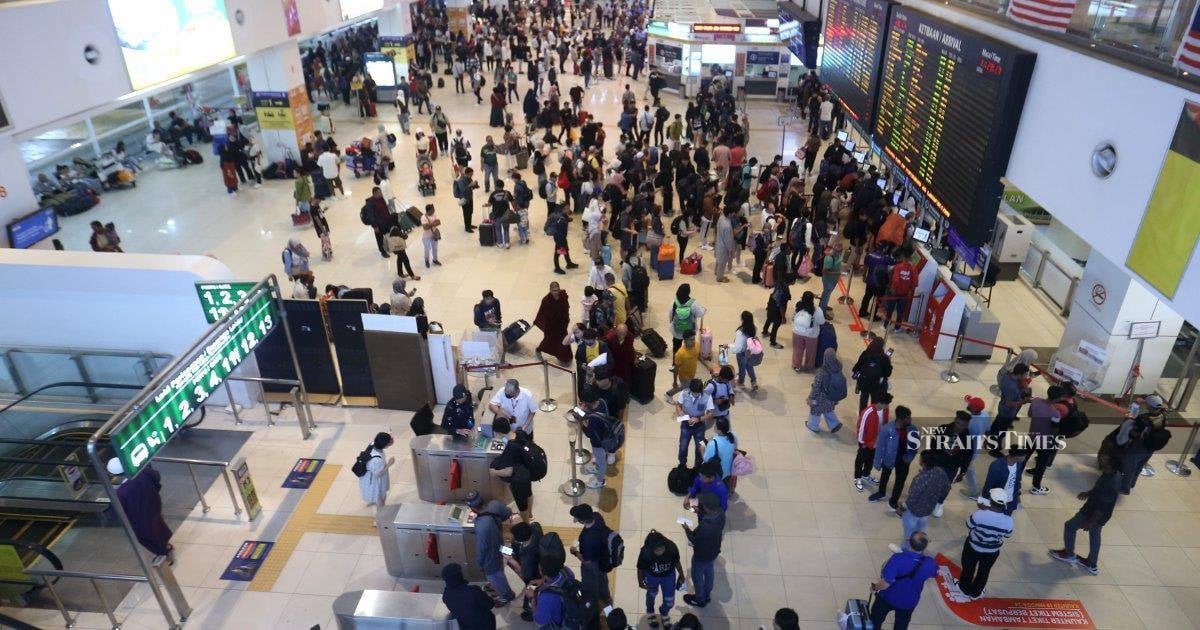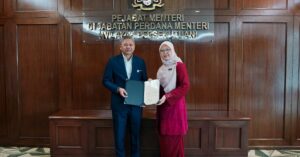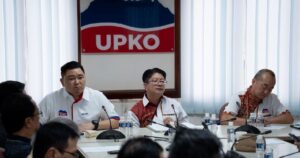LETTERS:The recent 30-day suspension of Aeroline Express Sdn Bhd by the Land Public Transport Agency (APAD) has reignited public debate far beyond the company itself.
What looked like a straightforward enforcement decision, a coach operator breaching its licence by using unauthorised stops, has instead exposed the fault lines in how Malaysia governs its transport system: an agency enforcing laws written for a city that no longer exists.
Transport Minister Anthony Loke has since clarified that the government is “not forcing” operators to move to Terminal Bersepadu Selatan (TBS) or Gombak TBG.
He said the rule is simple: operators must use safe, licensed terminals, not roadside or hotel forecourts such as Corus KLCC.
It was a necessary clarification after the public outcry, but it also revealed something deeper that our policies are lagging behind the way our cities and passengers actually move.
APAD’s enforcement, by law, is correct. The operator had received multiple show-cause letters between March and October 2025 and continued to operate outside approved terminals, violating Clauses 16 and 19 of its Service Level Requirements.
Under Section 27 of the Land Public Transport Act 2010, suspension was the logical outcome.
Compliance is not optional; it safeguards order and public safety. Yet, if we stop the conversation there, we miss the real problem that the regulatory framework itself has not evolved with the geography of modern Kuala Lumpur.
The city no longer revolves around a single commercial core. Travellers now live, work and commute across multiple urban nodes; from Damansara and Mont Kiara to Subang, Cheras and Bukit Bintang.
Forcing every express bus to detour through a peripheral terminal designed in the 2000s makes little sense in 2025.
It adds cost, time and inconvenience, driving passengers back to cars and undermining Malaysia’s broader public-transport goals.
The minister’s statement offers a quiet but important shift. By saying that operators may operate from any licensed terminal, he is reopening a conversation that should have started years ago, about what counts as a “licensed” terminal, how it can be safely located in city centres, and who has the authority to plan and regulate it.
In that single clarification lies the chance to modernise an entire policy regime. Malaysia must now move from a terminal-control mindset to a network-management approach.
In cities like Singapore and London, express coaches are not confined to one massive depot; they operate within designated bays, geofenced time slots, and traffic-managed corridors.
The difference lies not in leniency, but in precision; enforcement guided by data, design and coordination.
We can achieve the same by defining standards for urban coach bays, integrating APAD’s licensing database with local-authority traffic systems, and creating joint enforcement teams that combine safety marshals with city-hall wardens.
For that to happen, APAD needs more than enforcement power; it needs policy-design capability.
The agency has proven it can act decisively, but it remains constrained by the absence of urban-mobility planners and integrated traffic designers within its structure.
Building this capacity, whether through secondments, partnerships with DBKL, or cross-agency taskforces, will allow enforcement and planning to finally speak the same language.
Malaysians appreciate rules that keep them safe; what they hope for are systems that make sense.
The Aeroline case, viewed in perspective, is not about fault or defiance; it is about timing.
Our cities have evolved faster than our rulebooks. The task now is not to apportion blame, but to ensure our policies evolve with equal pace, foresight and empathy for the people they serve.
Malaysia’s transport debate must mature from punishment to precision. APAD’s firmness shows that regulation still matters; now we must show that policy can be intelligent.
The minister has opened the door to that conversation.
The next step is to walk through it and rebuild a terminal system that protects legality without punishing convenience, that integrates planning with enforcement, and that reflects how Malaysians truly travel today.
WAN AGYL
My Mobility VIsion founder and chief executive officer
The views expressed in this article are the author’s own and do not necessarily reflect those of the New Straits Times
© New Straits Times Press (M) Bhd



![BTH: FIFA sanctions, heritage players & refugees at risk [WATCH]](https://prwire.my/wp-content/uploads/2025/11/BTH-FIFA-sanctions-heritage-players-amp-refugees-at-risk-WATCH-300x158.jpg)


